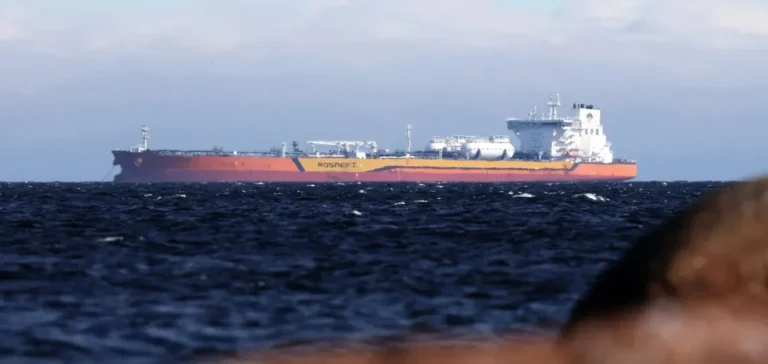The European Union has released new guidelines aimed at strengthening its sanctions on Russian oil products by explicitly banning the co-processing of crude blends. This measure, set to take effect on January 21, 2026, is part of the bloc’s 18th sanctions package against Russia and targets a regulatory loophole used by refineries located outside European territory.
End of mass-balancing and origin guarantees
According to the official document, importers will now be required to prove that refined products imported under Combined Nomenclature code 2710 were not produced using Russian crude. Mass-balancing, a practice that accounts for volumes of Russian and non-Russian crude proportionally without physical segregation, will be prohibited. Operators must include contract clauses guaranteeing the absence of Russian crude in the supply chain, to be presented to customs authorities.
Refineries in third countries must prove physical segregation of crude streams or, failing that, demonstrate a suspension of Russian crude processing for at least 60 days. The rule particularly targets facilities in India and Turkey, which together supply around 400,000 barrels per day of refined products to Europe, primarily diesel and jet fuel.
Exemptions for net-exporting countries
To avoid over-compliance risks and reduce disruptions to the bloc’s energy security, the EU has exempted 81 countries classified as net oil exporters based on 2024 data from the International Energy Agency (IEA). These include Canada, the United States, Norway, the United Kingdom, and Switzerland. However, EU authorities reserve the right to request documentation if “disproportionate” volumes of Russian crude are suspected.
Certain specific situations are also exempt. Jet and marine fuels used by EU vessels or aircraft will not be subject to the new rules, nor will transshipments to third countries. A de minimis threshold will apply to residual traces of Russian oil in storage tanks.
Limited short-term market impact
The new rules caused only a moderate reaction in the futures markets. The November ICE Gasoil contract, the benchmark for European distillates, rose slightly to $643/tonne on October 16 before falling to $619.5/tonne the following morning. Market operators remain uncertain about the enforcement and effectiveness of the new requirements.
Singapore-based trading sources stated that the level of due diligence required would make arbitrage unattractive unless prices rise significantly. A decline in Indian exports to Europe could tighten supply of high-specification distillates and support jet fuel prices.
A European distillates trader noted that Latin America could absorb excess Indian diesel and simultaneously increase its own exports to the EU market. Such a trade reshuffle would extend voyage routes, supporting freight rates and global benchmark prices.






















